Obituary: Voice of the voiceless no more
Former MPA Michael Javaid, 62, passed away early Wednesday
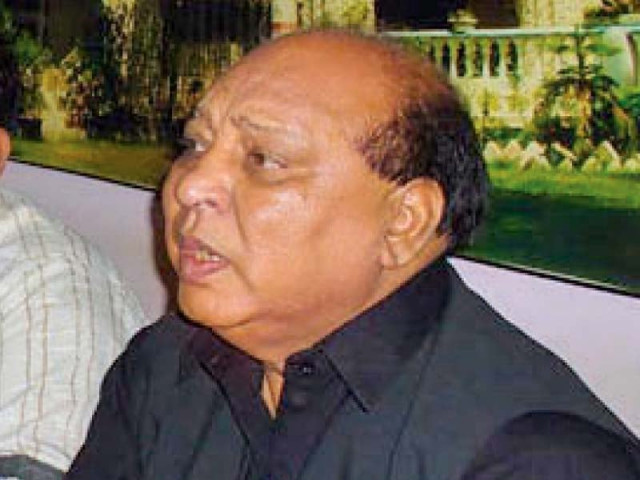
Former MPA Michael Javaid, 62, passed away early Wednesday.
So at the Sindh Assembly on Tuesday, where he had gone to meet MPA Nand Kumar Goklani to invite him to the wedding of his daughter next month, Javaid pressed the provincial lawmaker to work on solving issues such as forced conversions and forming a minority rights commission.
"Michael sahab gave Goklani the wedding card. Then he started speaking about the legislation related to minorities. He told the MPA that since there is no representation of Sikhs in the Sindh Assembly, Goklani should support the Sikh Marriage Act," Javaid's close friend Sardar Ramesh Singh, who was with him at the time, recalled.
Later in the night, Javaid, 62, died of a heart attack - depriving not only the Christian community but other minority groups as well as the majority communities in the country of a vocal, undeterred and brave activist.
Mostly found in a starched white shalwar kameez with a waistcoat, Javaid was famous for being on the ground to highlight every atrocity being suffered by Christians or other vulnerable communities.
He served four times as an elected independent parliamentarian in the Sindh Assembly - in 1988, 1990, 1993 and 1997 - and from time to time was also part of the minority wings of political parties such as the PPP, PTI and PML-N.
Till the very end, however, he remained associated with his own organisation - Pakistan Minority Front - which he formed after a fall out with slain federal minorities' minister Shahbaz Bhatti's All Pakistan's Minorities Alliance.
Despite being out of the provincial assembly for a long time, Javaid, on various platforms, continued to raise controversial issues such as the misuse of the blasphemy laws to lesser sensitive but equally important subjects of Christians working as sweepers in government departments or migration of marginalised communities due to persecution.
At seminars and roundtable conferences, he was often found condemning the Sindh minorities minister for allegedly misusing funds, or criticising the non-Muslim lawmakers for remaining loyal to their political parties rather than to their communities.
Often he was found at the Karachi Press Club, inside holding press conferences stressing on the implementation of the five per cent job quota or outside the building, protesting the brutal attacks on Christians from Peshawar to Lahore.
He had friendly relations with the media, and for many journalists reporting on minorities' issues, proved to be a major source of information.
Javaid was also a patriot despite being critical of how Christians are treated in the country. In many speeches he reiterated that Pakistan was his country and reminded people of the role of SP Singha in the country's independence movement.
In Sindh, Javaid was one of the vocal leaders of the community, along with MPA Saleem Khokhar, who now resides in the UK.
But despite threats, and several attempts on his life, Javaid continued to live on the main road near Hassan Square, where behind his house, the Christian settlement forms the Essa Nagri settlement. Within the boundary walls of the premises in separate rooms, he and his wife also ran a school. Out in the courtyard, he was often found listening to commoners complaining of their problems.
A strong believer of interfaith harmony and unity, Javaid's friends belonged to every religion. His close friend for the last ten years, Sardar Ramesh, was heartbroken. "I am very sad. His death is a big loss."
Another friend, a Hindu, Bherulal Balani, said, "He never hurt or harmed anyone. He was ready to help everyone."
Javaid leaves behind a wife, four children and a weeping Christian community. His burial was held at the Gora Qabristian on Thursday.
Published in The Express Tribune, September 30th, 2016.

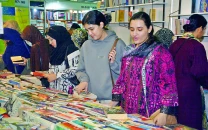
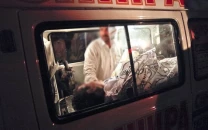

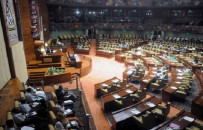
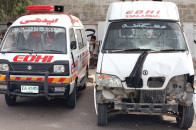
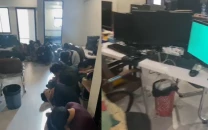


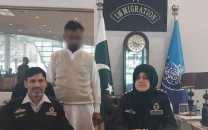









COMMENTS
Comments are moderated and generally will be posted if they are on-topic and not abusive.
For more information, please see our Comments FAQ